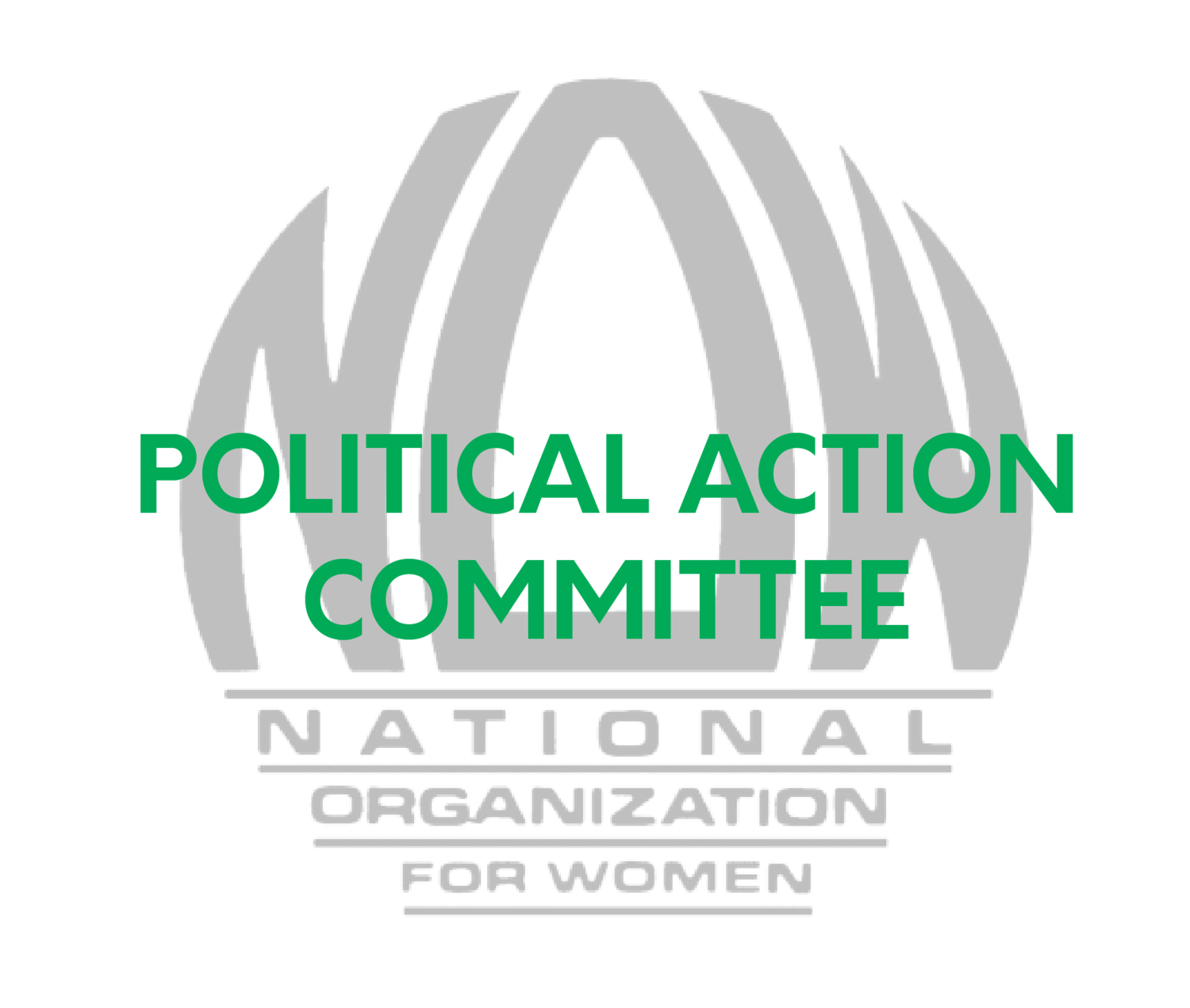December 11, 2019
Mr. Alberta, Ms. Alcindor, Ms. Nawaz, and Ms. Woodruff:
Since June, there have been five Democratic presidential primary debates, with 22 different candidates having participated in at least one debate. The debates spanned seven nights total. More than 470 pointed questions were asked of the candidates in these first four debates.
The National Organization for Women Political Action Committee (NOW PAC) has analyzed the debates and made the following findings of these 470+ questions:
There was only one question asked to one candidate about LGBTQIA+ rights – even though the Supreme Court is currently hearing historic cases on LGBTQIA+ job protections.
There were 28 questions about navigating race relations – but zero touched specifically on the unique issues regarding the federal government’s relations with Native Americans.
There were 14 questions about education – but zero were about sexual assault on campus.
There were zero questions about disability rights – while one in four Americans live with a disability.
There were zero questions asked about domestic violence – not even during any of the 34 questions about gun control, despite the fact that 52 women each month are shot and killed by an intimate partner.
Additionally, it took until the sixth debate – moderated by women – to even mention paid family leave and the #MeToo movement. Often, candidates like Senators Kirsten Gillibrand and Kamala Harris had to proactively bring up issues like abortion and equal pay – and their voices will be extraordinarily missed on the debate stage and on the campaign trail.
See the full list of questions logged by NOW PAC for this analysis and methodology used.
The sixth Democratic debate on December 19 will be hosted by Politico and PBS NewsHour in Los Angeles. It is one of the last debates before the first votes are cast this primary in the Iowa Caucuses on February 3.
Below are 12 questions and follow-ups on issues that have had zero or practically zero coverage in the first six debates. These are not “niche issues” or “identity politics” – they are on the minds of millions of Americans every day and they are waiting for debate moderators to acknowledge them.
As President, what are the concrete steps you will take to not just defend existing access but expand access to sexual and reproductive health care, especially for women of color, low-income women, transgender and gender non-binary folks?
Women in the U.S. are 21 times more likely to be killed with a gun than women in other high-income countries and a domestic abuser’s access to a firearm increases the risk of femicide by 400%. One large problem is in lax enforcement of existing laws. How will you close the loopholes on federal gun laws and better enforce existing laws while addressing the specific needs of victims of gender-based violence?
More broadly, what efforts will you introduce to prevent domestic and sexual violence?
What are your plans to achieve full equality under the law for women, women-identifying, gender non-binary, and LGBTQIA+ people in this country?
Studies show that women and girls with disabilities are twice as likely to experience gender-based violence compared to women and girls without disabilities. What would your administration do the address this to protect women and girls with disabilities?
What other ways has your campaign focused on how people with disabilities are affected by various policies from housing to jobs to healthcare?
From workplace harassment to family separation, immigrant women are at heightened risk for sexual harassment, assault, and violence. How will you address this in your plans for immigration reform?
The Paycheck Fairness Act, which advances modest steps towards equal pay, has been lingering in Congress for more than two decades. Sex-based pay discrimination costs women and their families hundreds of thousands of dollars over a career. What will you do to assure that a law aimed at reducing sex-based pay discrimination is adopted?
What role can the federal government play in reducing sexual harassment in all workplaces, from Hollywood to farms to homes that employ domestic workers?
The United State is the only major country in the United Nations that does not require any paid family and medical leave. Do you think this should change and if so, describe your proposed paid family leave program?
The United State is the only major country in the United Nations that does not require any paid family and medical leave. Do you think this should change and if so, describe your proposed paid family leave program?
Do you believe our K-12 system should be expanded to include universal daycare and/or preschool? If so, describe how you would accomplish that? What specific changes could be made to our current funding of programs in the meantime as a short-term solution before implementing universal programs?
Retired women are 80 percent more likely than men to live in poverty after age 65, outliving their partners by five or more years and also outliving their savings. Women are two-thirds of low-wage workers and are more likely to have had part-time work with no pensions. Many women – and men — rely on Social Security’s modest benefits as their main source of income in retirement. Would you support increasing Social Security benefits for all retirees?
Women are the main caregivers who take time out of the paid workforce to care for children or ill relatives. Would you support a modest Caregiver Credit under Social Security in compensation for time taken out of the paid workforce?
Download our social media toolkit to call on the debate hosts and moderators to #AskThemMore.
